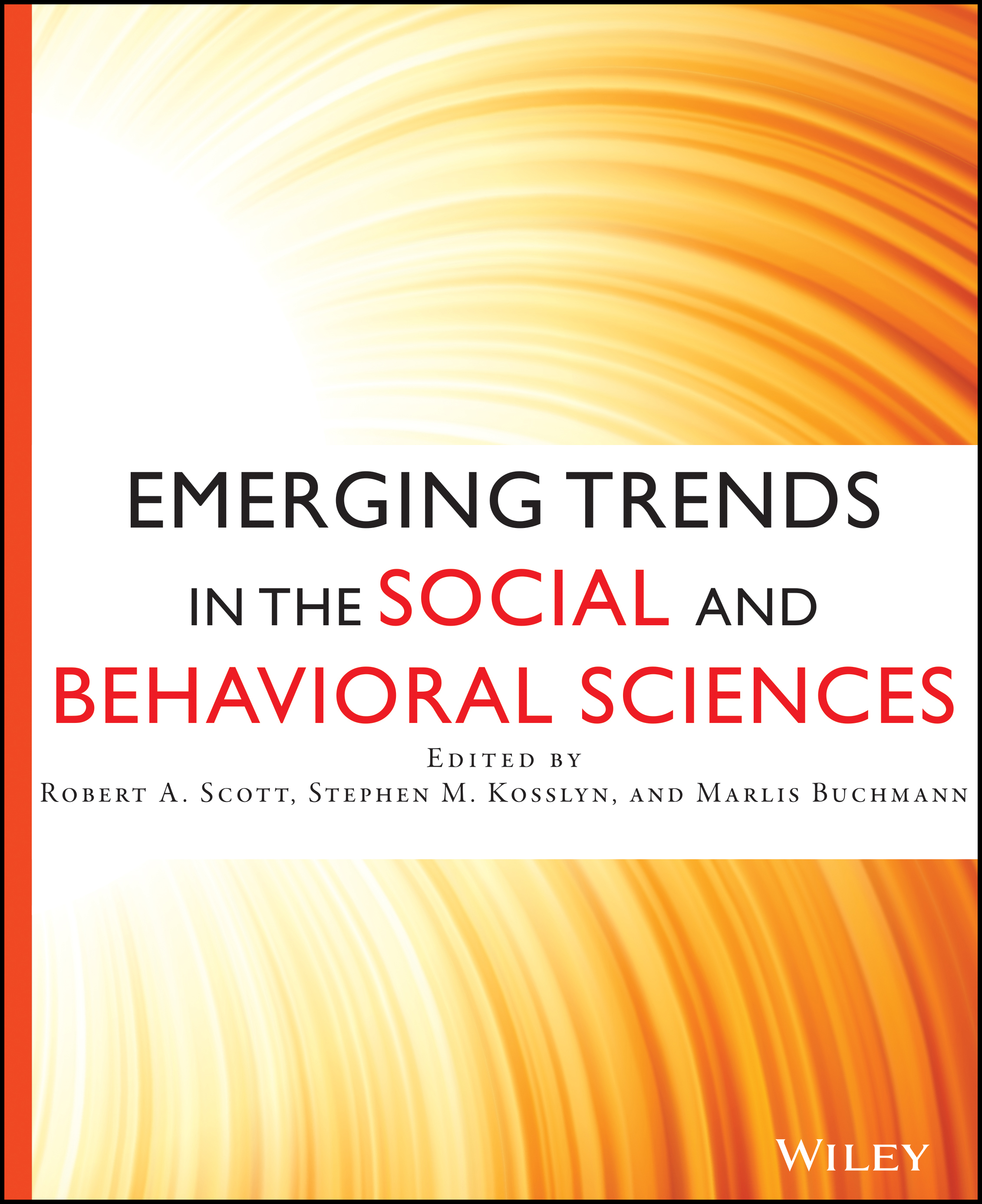Understanding American Political Conservatism
Abstract
This essay examines contemporary American political conservatism from a variety of angles. It asks first what scholars and activists mean by conservative. It then turns to controversies about the meaning of the term to the general public and to the question of whether the United States is a conservative nation and, if so, how this came about. A central theme here is that the increasing link of conservative self-identification and party identification grew out of reactions to events in the 1960s and early 1970s and that increased partisan polarization along ideological grounds, particularly in the South, has had a large impact on American politics at all levels (elite and general public) of the polity. After a brief look at the Tea Party phenomenon and its implications, the essay closes with a discussion of the future of American conservatism, with emphasis on the ability of conservative factions to coalesce, the evolving relationship between conservative self-identification and issues attitudes, and the likelihood that political polarization will endure.



